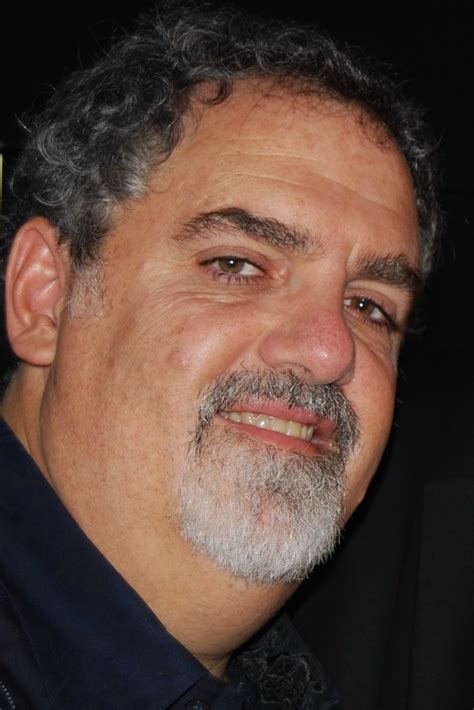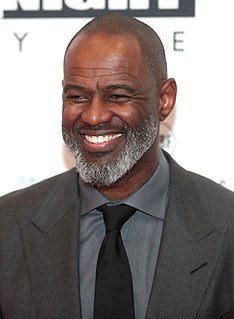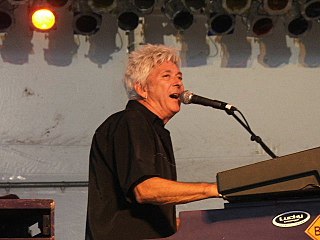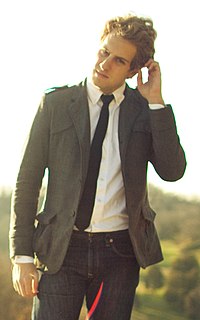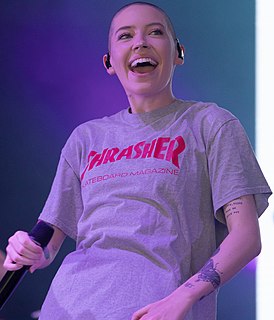A Quote by Paul Weller
I've bought clothes based on record covers. Particularly from the formative music that turned me onto it in the first place when I was a kid, with the Beatles and the Small Faces. A lot of those Sixties soul artists were in really sharp sharkskin or mohair suits, and Motown artists looked amazing.
Related Quotes
In the early eighties, there were a lot of artists involved with the music scene. All those young artists, before their careers took off, were into music. Robert Longo used to play some guitar. He had a band for a while. Basquiat had a band. I mean, people were always trying to mix music and art - in fact, I'm guilty of it myself.
I am passionate about finding undiscovered and talented artists. I want to help those artists get to the next level and provide existing artists with a new way to reach fans. I wanted to partner with the Cutting Edge Group because they share my vision and have a proven track record in innovation in the music business.





